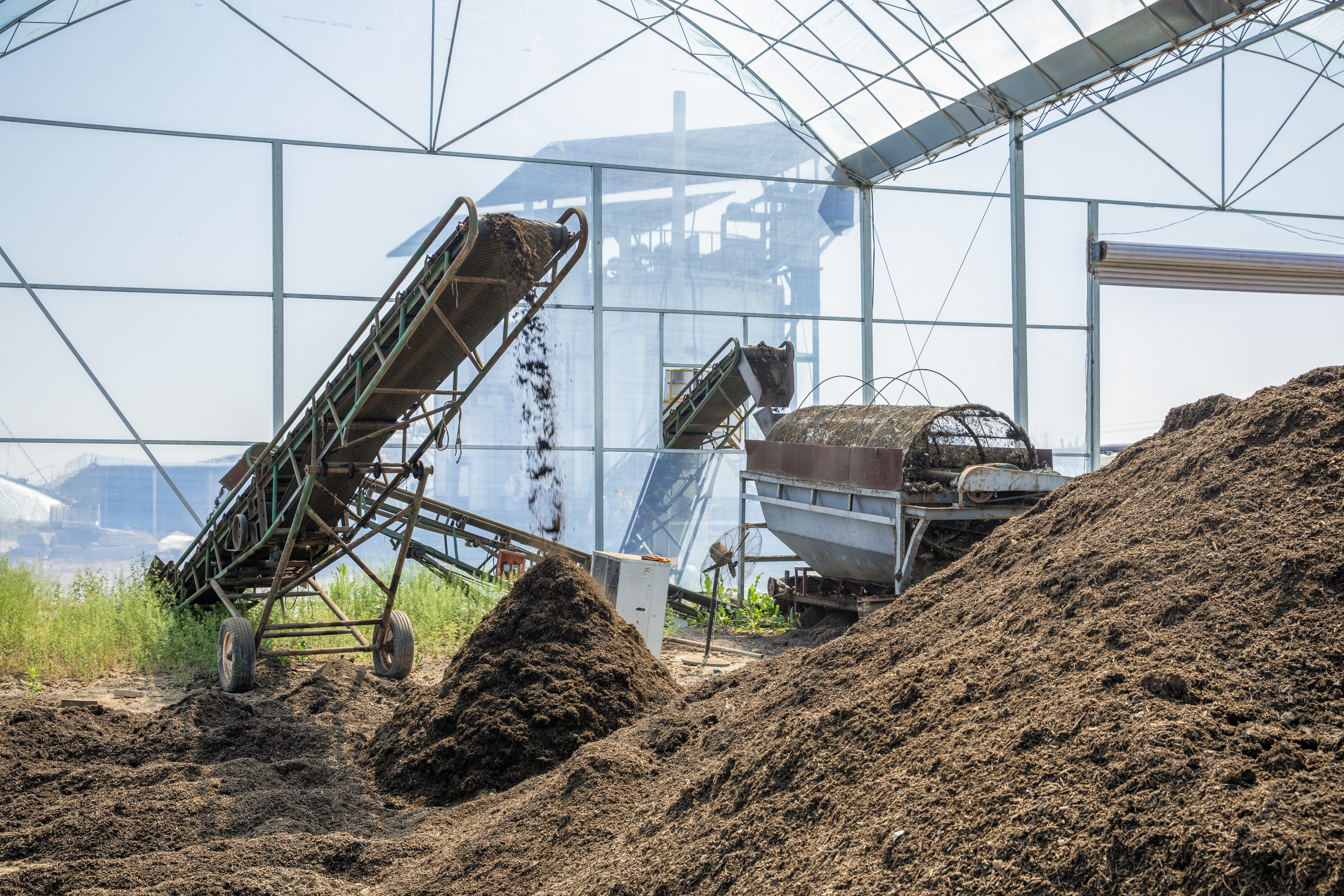Recycling Waste into Fertilizer: A Game Changer for Agricultural Cities City, Date – In an innovative move to address environmental challenges while boosting local economies, agricultural cities are increasingly turning to waste recycling ...
Contact
Recycling Waste into Fertilizer: A Game Changer for Agricultural Cities
City, Date – In an innovative move to address environmental challenges while boosting local economies, agricultural cities are increasingly turning to waste recycling to produce organic fertilizers, creating a sustainable circular economy model. This shift not only benefits the environment but also provides tangible advantages to local governments, residents, farmers, and businesses alike.
Government’s Role in Promoting Circular Economy
Local governments are playing a crucial role in encouraging the transformation of waste into fertilizer by implementing policies that support recycling and organic waste management. By doing so, cities can significantly reduce landfill waste and harmful greenhouse gas emissions, such as methane, which is a byproduct of decomposing organic matter. This helps the city progress toward its sustainability goals while addressing pressing environmental issues.
Through financial incentives, subsidies, and partnerships with businesses, local governments are promoting the development of the green economy. They are helping to create a resource-efficient, waste-minimizing agricultural sector, which in turn contributes to the economic resilience of the city. Additionally, governments are streamlining waste management systems, ensuring that more organic materials are collected and converted into high-quality fertilizers.
Residents Benefit from Cleaner, Greener Communities
For local residents, the recycling of organic waste into fertilizers translates into a cleaner, healthier living environment. By reducing the accumulation of trash and waste, cities can lower pollution levels, prevent the spread of disease, and improve overall urban hygiene. The positive impact on public health and quality of life is significant.
Moreover, residents are encouraged to actively participate in waste sorting and recycling programs through incentives such as reward points or financial compensation. These small but meaningful rewards motivate individuals to engage in waste separation, which in turn contributes to a more sustainable and waste-conscious community.
Farmers Reap the Benefits of Improved Soil Health
For agricultural cities, the production of organic fertilizer from waste presents a game-changing opportunity for farmers. Organic fertilizers are rich in essential nutrients, including nitrogen, phosphorus, and potassium, and can greatly improve soil health. By reducing dependence on chemical fertilizers, farmers not only lower input costs but also enhance the long-term fertility of their land.
Incorporating organic fertilizers into farming practices helps improve crop yields, increase the nutritional value of produce, and promote environmentally friendly farming methods. The result is higher-quality crops that meet growing consumer demand for organic and eco-friendly products, which boosts the competitiveness of local agricultural goods in both domestic and international markets.
Economic Growth and Job Creation
The transformation of waste into fertilizer is not only an environmental and agricultural solution but also a significant economic opportunity. This growing sector supports local businesses involved in waste collection, recycling, and fertilizer production, driving job creation in these fields. As the market for organic fertilizers expands, so too does the demand for skilled workers in waste management, recycling, and production facilities.
By fostering a green economy, agricultural cities can stimulate growth across various industries, from agriculture to environmental services, while reducing overall waste management costs. The creation of green jobs and the development of new markets for eco-friendly products contribute to the overall economic resilience of the community.
Promoting Social Responsibility and Community Engagement
The benefits of recycling waste into fertilizers go beyond environmental and economic gains. This initiative encourages a greater sense of social responsibility and community engagement. As residents, businesses, and local authorities collaborate to implement waste recycling practices, the city fosters a stronger sense of shared responsibility for the environment.
Additionally, this initiative creates opportunities for rural-urban collaboration. As agricultural cities leverage organic fertilizers produced from urban waste, they strengthen the ties between rural agricultural producers and urban consumers, enhancing the agricultural supply chain and contributing to rural revitalization.
Conclusion
Recycling organic waste into fertilizer is not just an environmental initiative; it is a transformative approach that provides multiple benefits to agricultural cities. By reducing waste, improving soil health, promoting economic growth, and enhancing public participation, this model supports a sustainable future. With continued support from local governments, businesses, and residents, agricultural cities can thrive in a circular economy where waste is seen as a valuable resource rather than a burden.